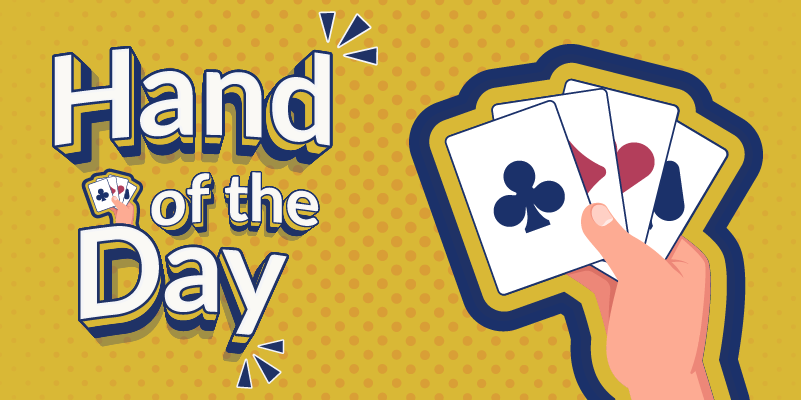



The Aces On Bridge by Bobby Wolff
At no-trump it is often right to duck tricks early, not late. But how would you play three no-trump today when West leads the spade six?
Opening Lead: ♠6
At the other table, the declarer allowed East’s spade jack to win. He intended to exhaust East of spades so that if he held at least one of the club honors, he would have no spade to play when he gained the lead. East returned a spade to dummy’s bare ace, and when West turned up with both the high clubs, declarer had to go one down.
Unlucky, admittedly, but this line did not seem best to our featured declarer, Omar Sharif. For one thing, if he ducked a club, a heart switch at trick two could have been dangerous. Additionally, the spade six was a fourth-best card and he could therefore tell from the rule of 11 that East held the queen, jack or 10. (He could not hold the spade seven, because West would surely have led an honor from a Q-J-10 combination.) So declarer could block the spades by rising with the ace at trick one, avoiding the risk of receiving a heart switch.
When declarer played on clubs, West won the first round and returned another spade. Sharif allowed East to win with the bare jack, and now could not be prevented from setting up the club suit, ending with an overtrick. I don’t know about you, but this particular play strikes me as exceedingly elegant.
Bid with the aces
Answer: 2♥
In a competitive auction of this sort, a bid of three clubs would normally be nonforcing facing your partner’s reverse, whatever your agreements might be had the sequence been noncompetitive. To set up a game-force, cuebid two hearts, then raise clubs later. You are definitely going to game, but you have no idea which strain yet.
This Hand of the Day was originally published on aces.bridgeblogging.com.




In fact only a very bad player can duck the first spade, the heart switch is obvious. 5C is much more easier, but hard to find though.